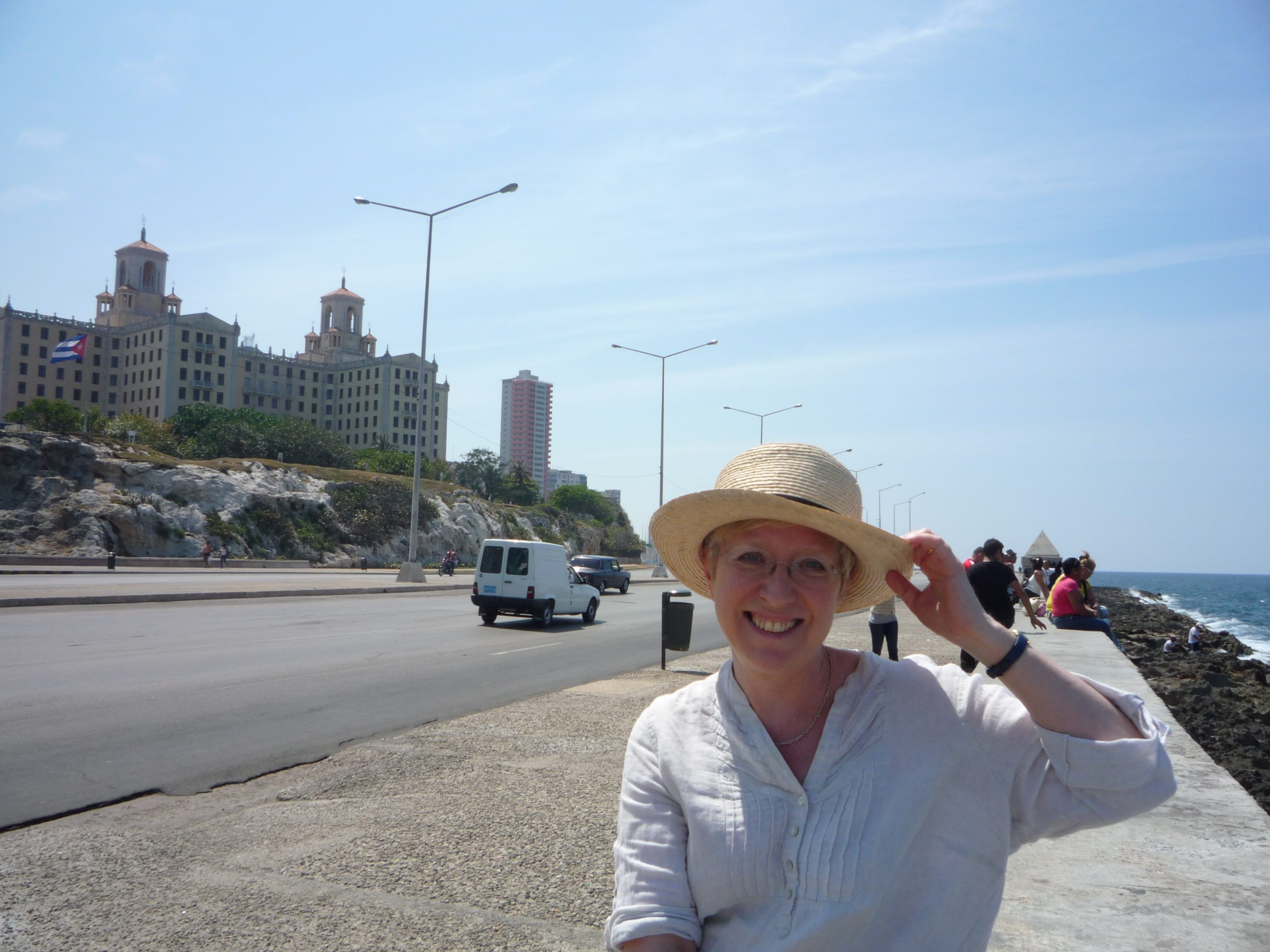 When I was in Cuba last week I saw something sweet at a concert. My daughter and I were in the Gran Teatro in Havana to see the graduation show of ballet dancers from the national ballet school, and musicians from the national music school.
When I was in Cuba last week I saw something sweet at a concert. My daughter and I were in the Gran Teatro in Havana to see the graduation show of ballet dancers from the national ballet school, and musicians from the national music school.
During the instrumental part of the evening, a young violinist and pianist played a Kreisler piece which started off slowly and became increasingly fast in the middle, before returning to a slow final section. During the fast section, as the speed of notes increased, the audience broke into applause and clapped enthusiastically throughout the virtuosic section, so that although we could see the violinist’s bowing arm weaving madly about, we could hardly hear anything. When the notes slowed down again, the applause faded away and everyone listened quietly to the end.
I had read about audiences in Beethoven’s day behaving something like this, but had never witnessed such a reaction myself. It was interesting partly because it reduced the virtuosic passage to spectacle alone. I wondered whether the musicians felt furious that the fieriest bit of music was completely inaudible, or whether they were gratified by the noisy appreciation.
We also saw something very funny from the page-turner assisting the pianist. The final page-turn came, and then there were two pages of music still to play. But as the page-turner made the final turn, he also wheeled smartly about and marched into the wings, leaving the pianist alone for the final minutes of music. By doing this the page-turner probably hoped to be as unobtrusive as possible, but it had the reverse effect.




0 Comments